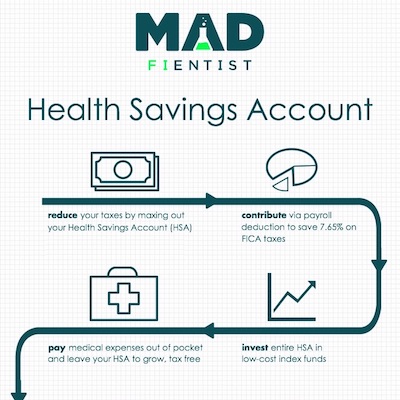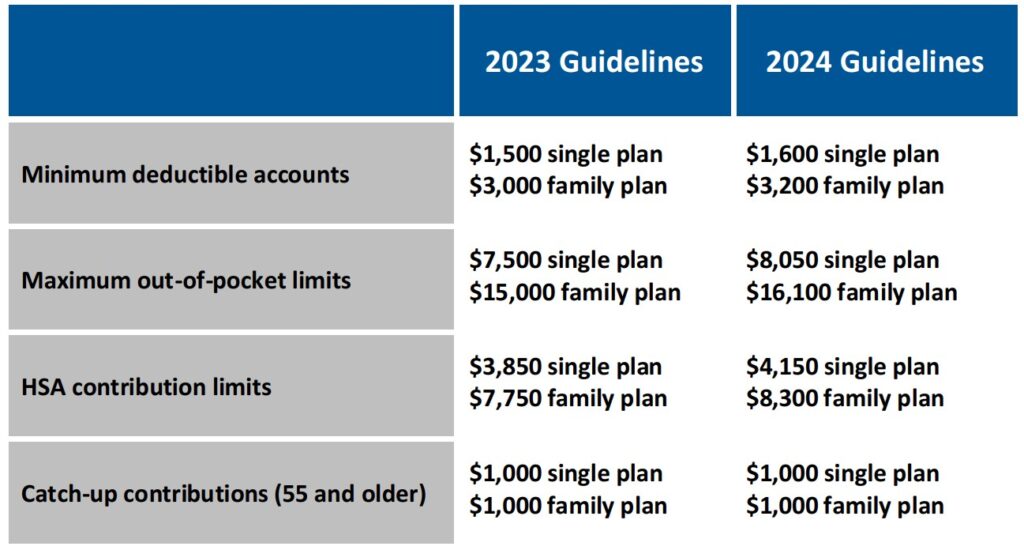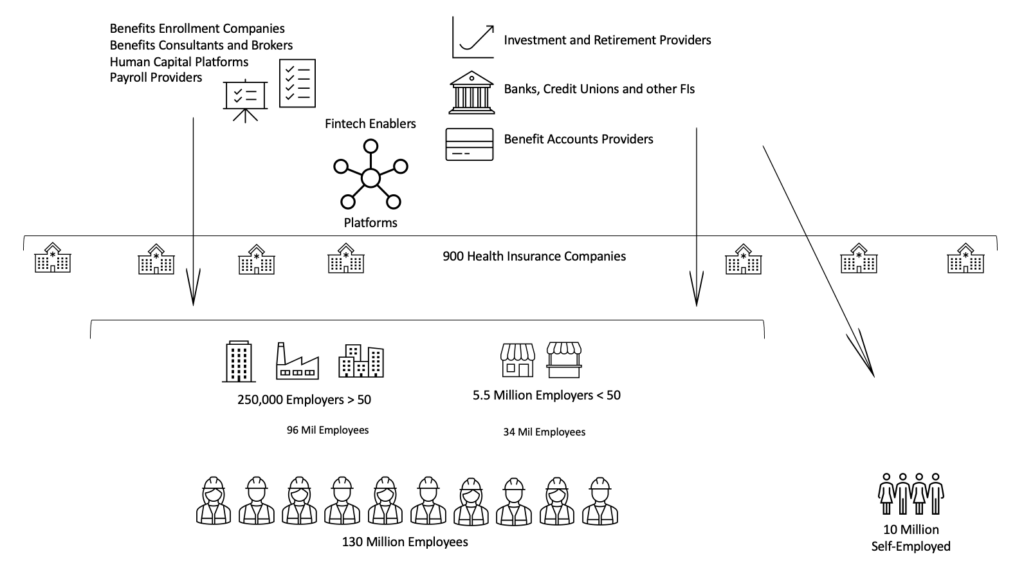Introduction:
The Health Savings Account (HSA) has emerged as a powerful financial tool that empowers individuals to save and invest for their healthcare expenses tax-free. While traditional savings vehicles like high-yield savings accounts and CDs offer limited potential for growth, options trading within an HSA unlocks a world of possibilities for savvy investors. Here’s a comprehensive guide on how to navigate the ins and outs of trading options in an HSA and maximize your healthcare investment strategy.

Image: www.mtbnj.com
Understanding Options Trading:
Options are financial contracts that give the holder the right, but not the obligation, to buy (call option) or sell (put option) an underlying asset at a predetermined price (strike price) on or before a specific date (expiration date). In the context of an HSA, the underlying asset could be stocks, bonds, or indices. Options provide investors with flexibility, risk management, and potentially higher returns than traditional investments.
Benefits of Trading Options in an HSA:
- Tax Efficiency: All investment earnings and withdrawals used for qualified healthcare expenses are tax-free, providing substantial tax savings over time.
- Growth Potential: Options offer the potential for substantial growth, especially for investors with limited risk tolerance who seek to amplify returns within an HSA.
- Diversification: Options trading allows investors to diversify their HSA portfolio, reducing risk and enhancing returns.
- Hedging Strategies: Options can be used to hedge against market fluctuations, providing a safety net for HSA investments.
Strategies for Trading Options in an HSA:
- Covered Calls: Involves selling a call option against an underlying stock held in the HSA. This strategy generates income while limiting potential gains on the underlying asset.
- Cash-Secured Puts: Involves selling a put option while maintaining sufficient cash in the HSA to purchase the underlying asset if the option is exercised. This strategy generates income while providing the opportunity for acquiring the underlying asset at a reduced price.
- Spreads: Combining multiple options with different strike prices and expiration dates to create complex strategies. This allows for customizing risk and return profiles.

Image: blbb.com
Considerations for Options Trading in an HSA:
- Knowledge and Experience: Options trading requires a thorough understanding of financial concepts and risk management. It’s crucial to educate oneself or consult with a qualified financial advisor.
- Risk Management: Options trading involves inherent risks, including potential losses. Investors should carefully assess their risk tolerance and invest only what they can afford to lose.
- Fees and Taxes: Trading options incurs brokerage fees and may be subject to additional taxes. These expenses should be factored into investment decisions.
- Compliance: Options trading in an HSA must adhere to specific IRS regulations. It’s essential to stay compliant with HSA rules to avoid penalties.
Trading Options In An Hsa

Image: hsaconsultingservices.com
Conclusion:
Trading options in an HSA offers a unique opportunity for healthcare savings. With careful planning and risk management, investors can harness the power of options to grow their HSA balance tax-free. By understanding the strategies, considerations, and potential benefits, individuals can unlock the full potential of their HSA and achieve financial success in the pursuit of healthcare security. Remember to conduct thorough research, leverage professional guidance when necessary, and invest wisely to maximize your healthcare savings.






